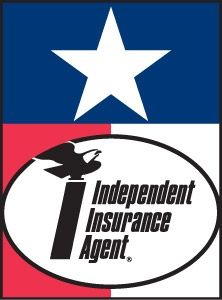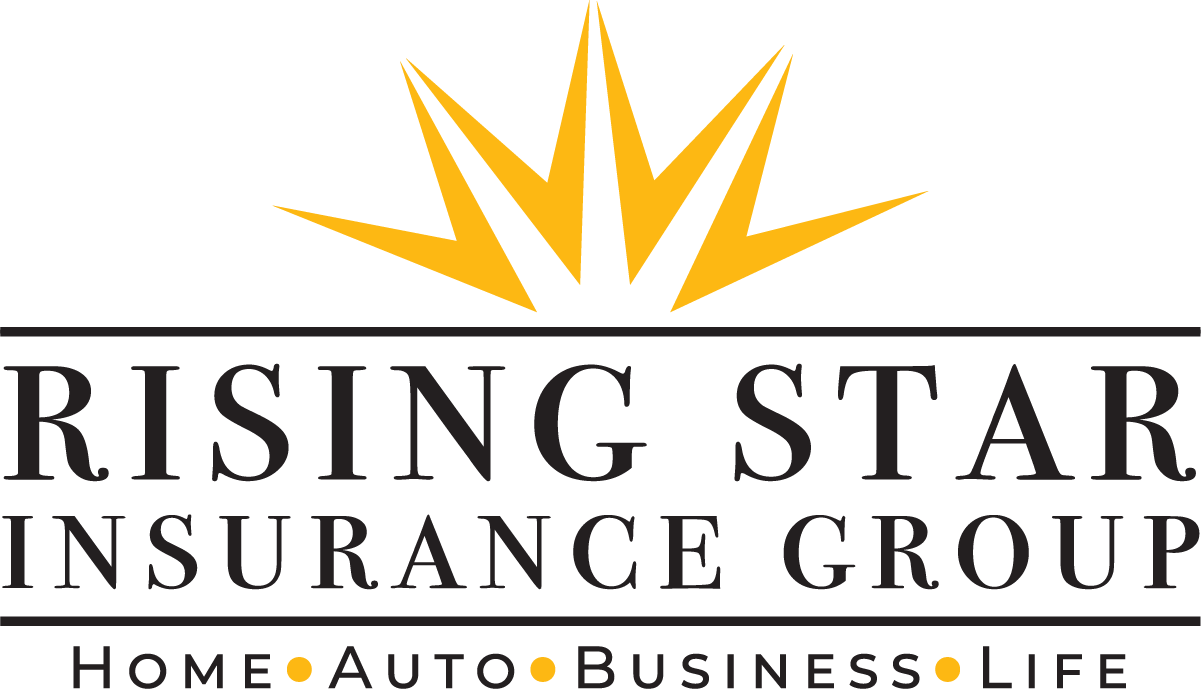Get In Touch
Email: info@risingstarins.com
Phone: (972) 587-7700
Fax: (972) 437-1712
508 Twilight Trail, Suite 201,
Richardson, TX 75080
Dwelling insurance reimburses you for losses caused by covered events. Depending on the claim
type, your insurer will calculate the cost of replacing or repairing your property by looking at its
actual cash value (ACV) or replacement cost value (RCV). Claim payments related to the
physical structure of your home are typically based on RCV. Personal property claim payments
may use either ACV or RCV, depending on the policy.
What is Actual Cash Value (ACV) Coverage?
Actual cash value coverage yields claim payments based on the property’s current estimated
value, so your payment will be reduced to account for depreciation and normal wear and tear. It
typically applies to the personal property part of your dwelling policy.
What is Replacement Cost Value (RCV) Coverage?
Unlike ACV coverage, replacement cost value does not account for depreciation or wear and
tear. Instead, it reimburses you based on how much it would cost to replace, repair, or rebuild
your property at current prices.
What is the difference between ACV and RCV coverage?
While ACV typically applies to personal property, RCV can be applied to both dwelling and
personal property. The big difference is that ACV considers the depreciation of lost or damaged
items, while RCV does not.
How does ACV work?
Say your personal property policy uses ACV to settle claims, and your television, which you
purchased for $1,000, is ruined by a power surge. If your insurer concludes its value has
depreciated by half since your purchase, you will receive $500, minus any deductible.
How does replacement cost value work?
Say your dwelling policy uses RCV to settle claims, and your house is destroyed by fire. Your
policy has a $500,000 coverage limit, but your total rebuilding cost is estimated at $510,000.
You will be responsible for the amount that exceeds your coverage, as well as any deductible.
We hope this article helps demystify ACV versus RCV. If you have any additional questions,
please feel free to Call, Click or Come by. We’re always here to help.
Rising Star Insurance Group
Protecting What Matters Most to YOU for over 40 Years
Source: https://www.usnews.com/insurance/homeowners-insurance/actual-cash-value-vs-replacement-cost
Office: (972) 587-7700
Fax: (972) 437-1712
Email: info@risingstarins.com
508 Twilight Trail, Suite 201,
Richardson, TX 75080



Our Site
All Rights Reserved | Rising Star Insurance Group | Privacy Policy | Terms of Use | Powered by Levitate

